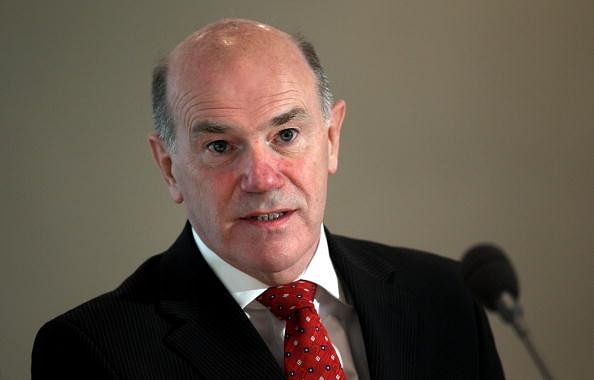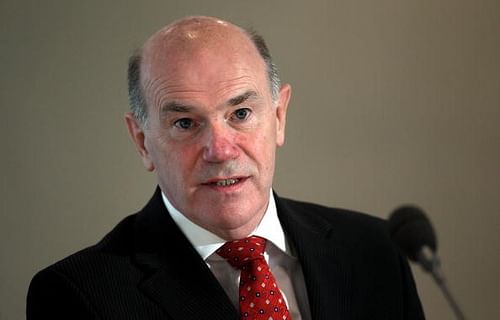
Corruption can't be totally eradicated from cricket, says Ronnie Flanagan

International Cricket Council's (ICC) anti corruption unit chief, Sir Ronnie Flanagan has said that corruption can never be totally removed from the game of cricket, reports icc-cricket.com.
Flanagan, who is also retired British police officer, tried to assured cricket fans worldwide that the committee responsible for administrating the wrong doing is doing everything it could to stop the illegal activity.
When he was asked to share his view on 'corruption can never be eradicated' from cricket, he said: "Well, to be honest, I would look on that question as similar to the question, will ill health ever be eradicated? Will crime ever be eradicated? And I think the frank answer has to be never totally and absolutely eradicated.
"But that doesn’t stop us working the very hardest that we can, making the greatest effort that we can to eradicate the game as far as is humanly possible to do," Flanagan said.
He continued: "But we can make the game a very difficult environment for those who would seek to bring corruption to bear."
The chief added that the corruptors in cricket are organised criminals and it's a big nexus overall.
"One thing I have no doubt about is that they are most evil. These are organised criminals. These are members of organised criminal gangs across the world, and that was brought home very evidently in our preparations for the World Cup," he said.
When Pakistan's Mohammad Amir, Salman Butt and Mohammad Asif were banned in 2010, cricket's reputation came in the spotlight and it shook the fans. The trio were jailed after the spot-fixing allegations proven against them in England.
But now they have been released and are given green signal from ICC's end to play international cricket for their country.
Asked if the three players are now threat to the image of cricket considering their past, Flanagan said that was a matter for the Pakistan Cricket Board now.
"They've been punished, they've met their punishment, it's now a matter, I think, for their home board to decide whether they should ever grace an international cricket team again.
"That's not just a question of ability, that's a question of their remorse, their realisation of how wrong their behaviour was," he concluded.